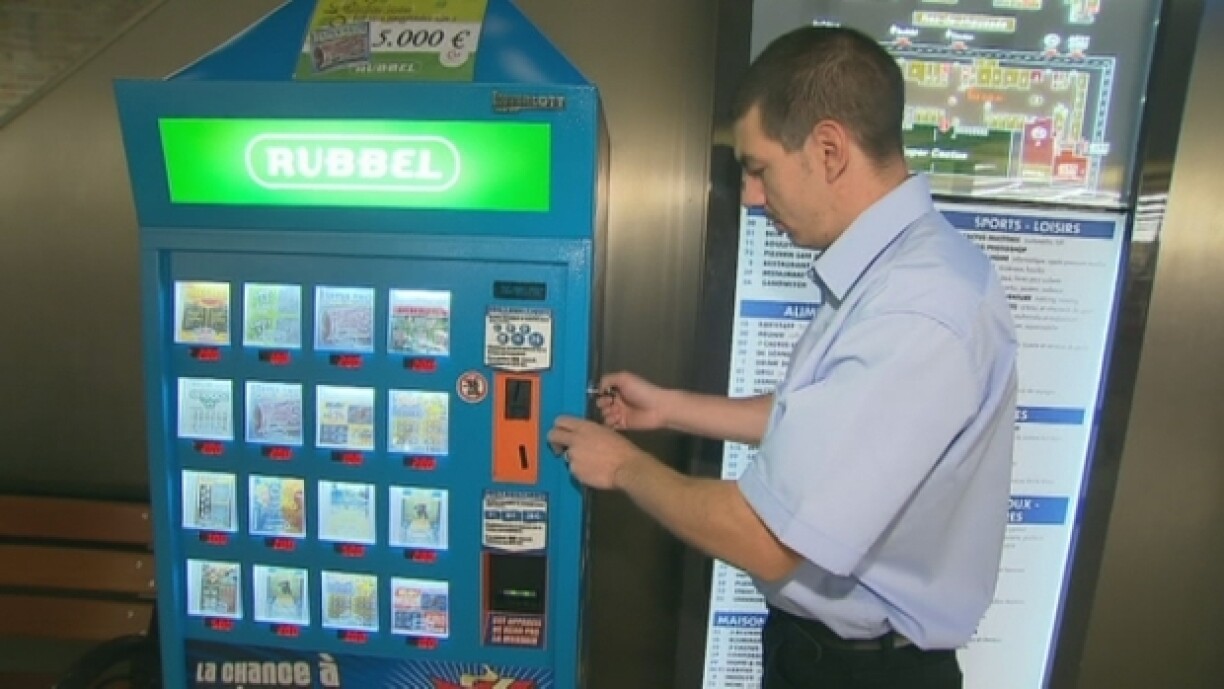
When it comes to gambling kiosks in bars and cafes, there is a clear legal framework and the authorities endeavour to prevent illegal gambling. The ministers used their response to remind the MP that July 2018 saw several raids and seizures take place to prevent any potential illegal gambling.
The law indeed is specific, specifying that slot machines are forbidden in public spaces, especially in bars, if they are intended to provide gains.
Whilst the authorities are able to prevent illegal gambling from taking place in bars, regulating internet betting is much more difficult, as the operator of the game in question most conform to the legislation of the country they are residing in.
Businesses offering online gambling services are not permitted to settle in Luxembourg, but that does not stop the issue of internet gambling. Other countries, Malta being one example, have legislation considered much more attractive for operators. The authorities are unable to ban betting sites based in different states where online gambling is legal.
Spautz also had queries concerning whether the authorities follow and track cash flows emerging from betting games in order to detect potential fraud attempts and money laundering. The ministers explained the National Lottery’s approach, which requires that every customer register online to verify their identity.
As for the National Lottery’s online games, any winnings under the amount of €750 will be sent to the customer’s online account. Winnings between €750 and €250,000 will only be transferred via bank transfer. Finally, anybody who wins a sum higher than €250,000 must go to the National Lottery in person to verify their identity before they receive the funds.
The ministers highlighted that the authorities have analysed the gambling sector and concluded there is no substantial money laundering risk in Luxembourg. As the National Lottery’s profits have remained stable over the past few years, the authorities do not plan for any interventions designed to compensate eventual losses.